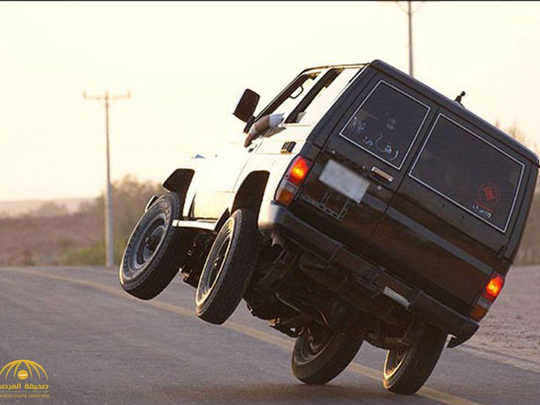
Manama: A decision to make reckless drivers serve community hours as patient care assistants in Saudi hospitals is being seen as a clement alternative that may not serve the deterrence purpose.
The traffic department in Saudi Arabia's Eastern Province is planning a programme that would send drivers who do not comply with rules and regulations to hospitals, where the alternative to the punishment, would be to feed patients and help them with everyday care they need.
Under the programme, the drivers will also have to present daily reports about at least two patients that they handle.
The drivers will initially undergo training sessions by professional nurses and will have to spend three hours with patients daily.
The alternative to the punishment was overall welcomed as a positive step towards boosting the sense of responsibility among reckless drivers, but several social media users said that it also amounted to "punishing" innocent patients who will have to deal with people who broke rules.
"Patients need compassionate people who genuinely care about them, not drivers with troubled minds who break traffic rules and drive recklessly," one user posted. "They should be sent to prison where less clement conditions will help them recover their senses and feel remorse about what they did on roads and highways."
Another user, Taha, said that the reckless drivers should be made to clean toilets or streets or collect rubbish in prisons.
"Hospitals are friendly facilities and the purpose of the alternative punishment may be lost," he said.
For Abbas, nothing short of revoking the driving licence will straighten reckless drivers.
"They should lose their licence for sure and either spend some time in jail deprived of their freedoms or be assigned to do community work in prisons," he said. "My concern is who will supervise them as they do their community work in hospitals and how responsible will they be."
Another user suggested that reckless drivers be assigned to preparing the dead for funerals or to digging graves.
"That would be a greater deterrent than three hours at a hospital," he said.












